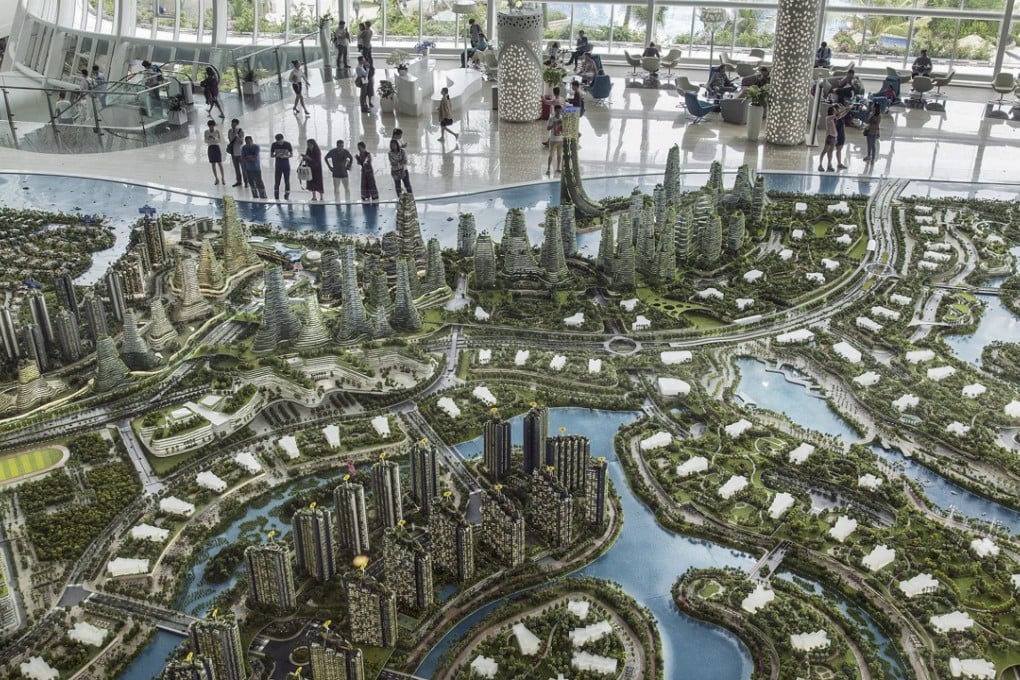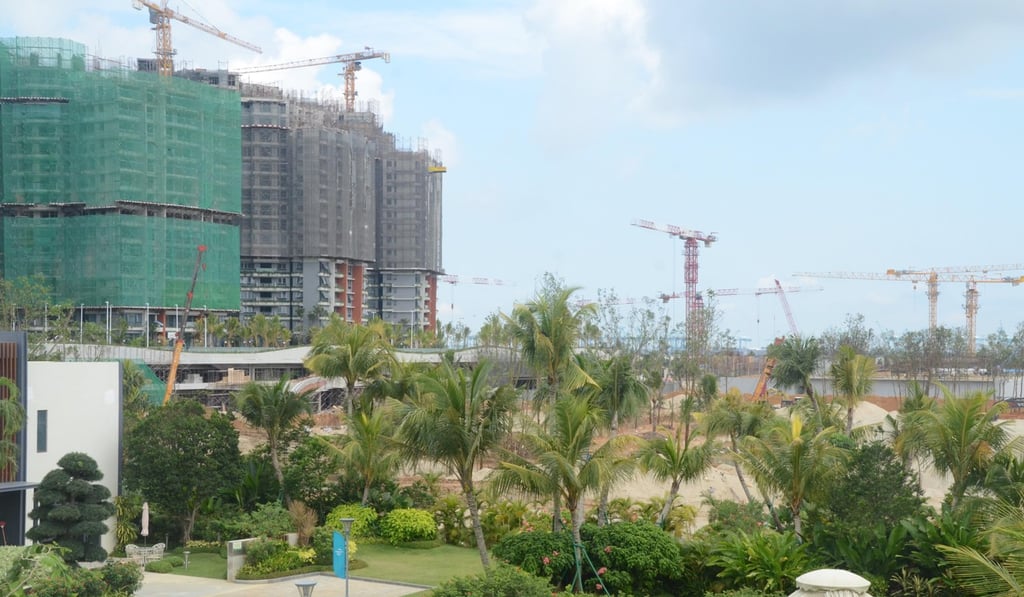Should Mahathir Mohamad’s Malaysia election win worry Chinese investors in Johor’s Forest City?
The project on reclaimed land has been popular with middle-class Chinese looking for a second home abroad but it has also been the target of the new prime minister’s ire

At Patricia Li’s flat in the southern Malaysian state of Johor, there is just one topic of conversation.
Li and her fellow middle-class Chinese friends have bought Malaysian properties over the past few years and each is wondering how the surprise election of an opposition coalition led by Mahathir Mohamad will affect their investment.
Mahathir has been a fierce critic of a US$100 billion project in Johor called Forest City, a special economic zone about the size of Hong Kong.
Now Li and her friends are nervous about what the change of government and Mahathir’s second stint as prime minister will mean for them.
“In the past couple of days, we’ve got together all the time and talked about it. Out two biggest worries are … our investment and safety,” Li said.

Li is from Yunnan province in southwestern China and bought a 48-square-metre unfinished flat in Forest City last year and moved to Johor with her son early this year, one of the many middle-class Chinese people realising their dream of having a second home abroad. One of the benefits of buying into the development by Hong Kong-listed Chinese firm Country Garden, China’s third-biggest developer, was free help with applications for the Malaysia My Second Home programme offering foreigners long-stay visas of up to 10 years.